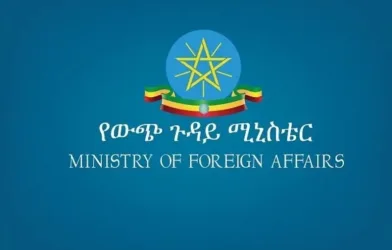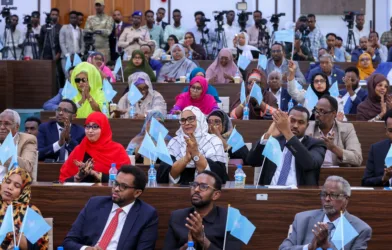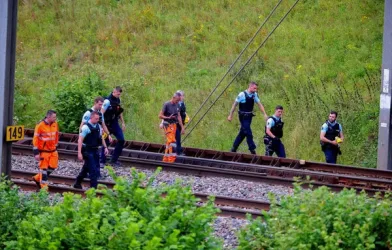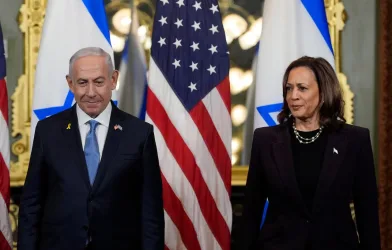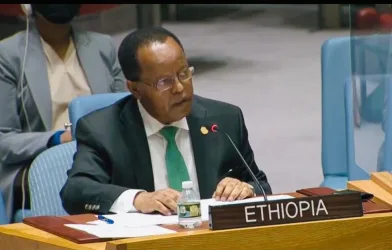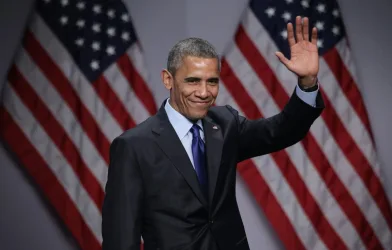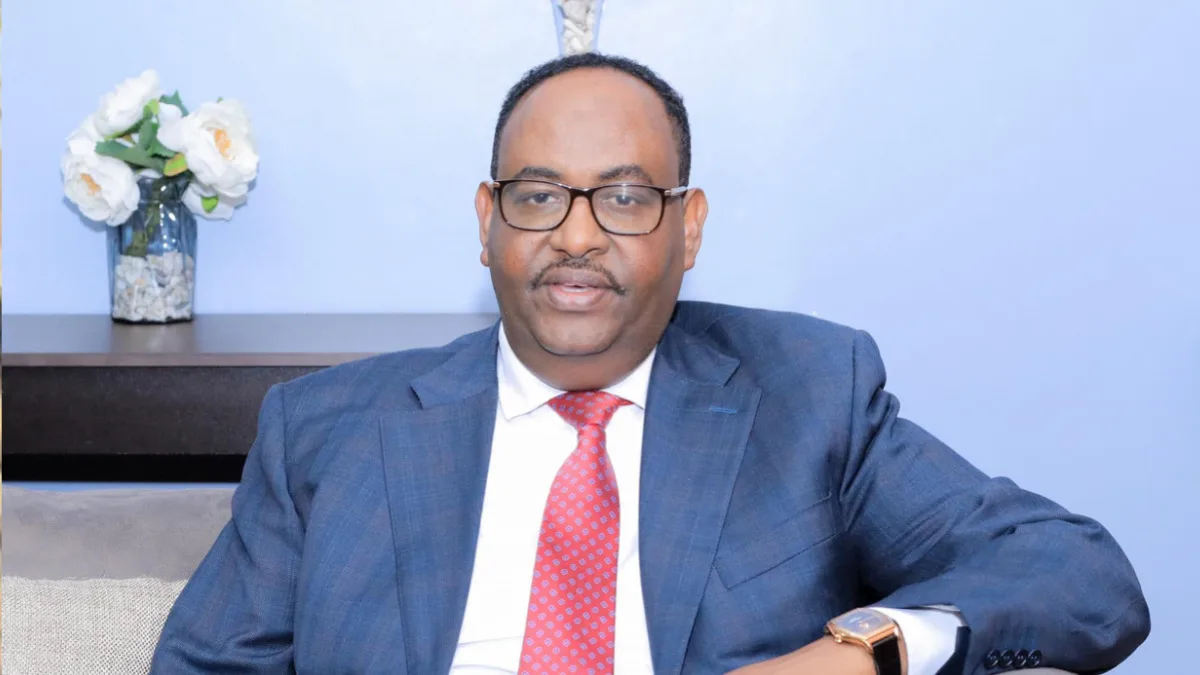
By: Mohamed Abdiqafar Haji Hussein.
When President Said Abdullahi Deni was elected almost five years ago, he was expected to accomplish all the tasks he pledged to achieve during his campaign and also to hold an election at the end of his term on January 8, 2024. Every president that Puntland has had so far knew that their mandate included moving Puntland from the old system, where traditional elders selected parliamentarians who would then elect the president, to a new system where people would elect their representatives and their president.
When those Puntland presidents realized that it was not feasible to conduct a one person, one-vote election at the end of their term, they would encourage the Parliament to decide the way forward. The parliamentarians, who had no other option but to go back to the only system that was agreed upon by all stakeholders, always decided to continue the old system until another agreed upon system would be on the table.
President Deni also promised to accomplish one person, one-vote at the end of his term and tried and succeeded in holding the first three district elections on a trial basis. The elections in those three districts were very successful for the most part. The constituents were given enough time to learn about the type of election that would be conducted, and the majority of the people registered to vote. The candidates for the council campaigned for their positions, and the leadership of the temporary Puntland election committees (TPEC) seemed to be independent from government interference.
All the organizations participating in the election saw that the process provided a level playing field where constituents could choose their representatives. In the end, the results of those elections were welcomed by the majority of Puntlanders. Two of the districts were won by other parties, even though the government’s party, Kaah, campaigned hard, and some accused Kaah of using government resources to campaign.
At that point, it was said that President Deni did not like the outcome of that election, and that it seemed to him that the process of that election was not something he could continue in order to win the presidency. The process seemed to be on hold for a while, and it took some time for those who were elected to come to their offices and work for the people. President Deni also became very busy with the presidential election in Somalia, in which it was necessary for Puntland to select those who would represent it in the federal government. President Deni, who did not declare that he was running for the presidency of Somalia but was suspected of that by most people, declared at the last minute that he was a candidate. In the end, President Deni did not win that election and returned to Puntland to restart the election process, which had been on hold.
President Deni also realized that with less than a year and a few months left of his term, if he wanted to accomplish a one person, one-vote election, the timeline had to be expedited, and he did not have time to repeat the same process that Puntland had accomplished in the first three districts. It was clear to him that if he followed that process, he would probably not achieve the election he had in mind—one person, one-vote—before the end of his term. The only process that was feasible for him was an expedited process, which would achieve the result he envisioned by any means necessary . Immediately, the leadership of TPEC was pressured, to the point that they resigned. The Minister of Interior was replaced by another who was willing to go along with President Deni’s plan.
In Bossaso, where it was estimated that over 1.5 million people lived, the people were given about three weeks to register their voting cards. As a result, it was estimated that around 60,000 people registered to vote, with about 20% being internally displaced people who were willing to register. The registration team was a mobile team moving from one district to another. When asked why they were mobile, the team insisted that there were not enough resources and that they were on schedule, and that they couldn’t fall behind if they wanted to achieve their plan of concluding the election by May 25, 2023.
The reasonable follow-up question was why the election had to happen on that day. The response was that the government needed to complete the local council elections before the Parliament reconvened in June 2023. The only way the government could stop the old election system was to present some type of election where it would appear that the government could conduct the parliamentary and presidential elections in the same way it did for the local councils, either on time or with the possibility of a six-month extension, which the government estimated it might need at that time. The election team believed that if they did not present a feasible plan to the Parliament, the opposition team would defeat them. The whole process was expedited so the opposition team would not defeat them rather than by considering the legitimacy of the process.
In addition, to continue that expedited process, the government, which was supposed to lead the process by consensus, decided to lead by majority rule. Two parties, Dhalinyarada (Youth) and Horseed, decided not to participate when the government moved forward with the process, while six other parties led by the Sincad leader agreed with the process. Due to this expedited process, which was conducted by any means necessary, only about 177,000 people voted in 30 districts, and three districts in the Nugal region did not participate in the election. Now the result of this expedited election process is what the government was afraid of: if the government does not present a feasible plan to complete the election on time, the Parliament would decide to proceed with the only election it has used for the last 24 years with no issues. The government is at that crossroad now.
It has become clear that the government cannot continue this expedited process to hold an election at the end of the government’s term, and many things need to be corrected. First and foremost, before an election can proceed, there should be a consensus among all stakeholders for such an election to take place. The Mideye party , which is the second-leading party in the election so far, issued a statement saying that the election should be held at the end of the government’s term.
The Danab Forces, Puntland Political Forum, and Mudug Consultation Forum also urged parliamentarians to ensure that the election take place on January 8, 2024. Correcting all that is wrong will take a considerable amount of time, which cannot be extended for this government. Many Puntlanders have come to realize that the government’s plan is heading toward a dead end. President Deni showed a sign of desperation when he started reshuffling his government staff.
The next government, whether led by President Deni or someone else, can continue from where it left off and ensure that an election by one person, one vote can be accomplished at the end of that term. The Parliament should consider all of the above before deciding to extend the rule of this government.
By: Mohamed Abdiqafar Haji Hussein
Email: Mohabdhus@gmail.com
Atlanta, Georgia.


